# Are Blue Light Products a Hoax? Insights from Scientific Research
Written on
Understanding Blue Light and Its Effects
In today's digital age, many of us spend long hours in front of screens, which can lead to discomfort such as eye strain, fatigue, and headaches. Personally, I’ve experienced these symptoms for years. However, after incorporating blue light glasses and the f.lux app into my routine, I noticed a potential uplift in my mood and productivity. But was this improvement just a placebo effect? I set out to explore the facts surrounding blue light blocking products.
What Are Blue Light Blocking Products?
Blue light blocking products are marketed as solutions to protect users from the adverse effects of blue light emitted by devices like monitors and smartphones. Here’s a rundown of some popular items in this category:
- Glasses
- Screen protectors
- Lightbulbs
- Monitor panels
- Skincare products
Research Findings on Blue Light Products
Blue Light Blocking Glasses
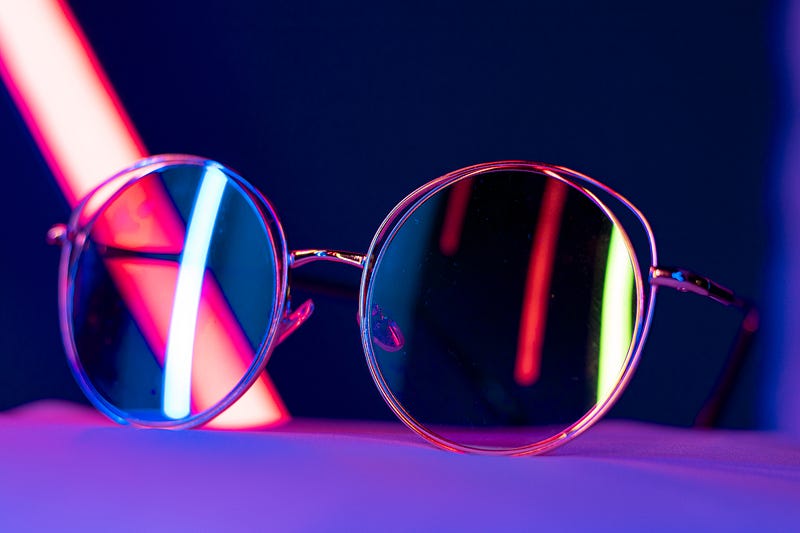
A common belief is that blue light blocking glasses can filter out harmful blue-violet light from screens. Research by vision expert Mark Rosenfield reveals that these glasses do not significantly alleviate digital eye strain: “Both studies showed no substantial effect of blue-blocking filters on eye strain.” Furthermore, there’s no solid evidence suggesting that blue light causes eye damage, thus debunking claims about these glasses preventing conditions like macular degeneration (American Macular Degeneration Foundation via EverydayHealth).
Screen Protectors
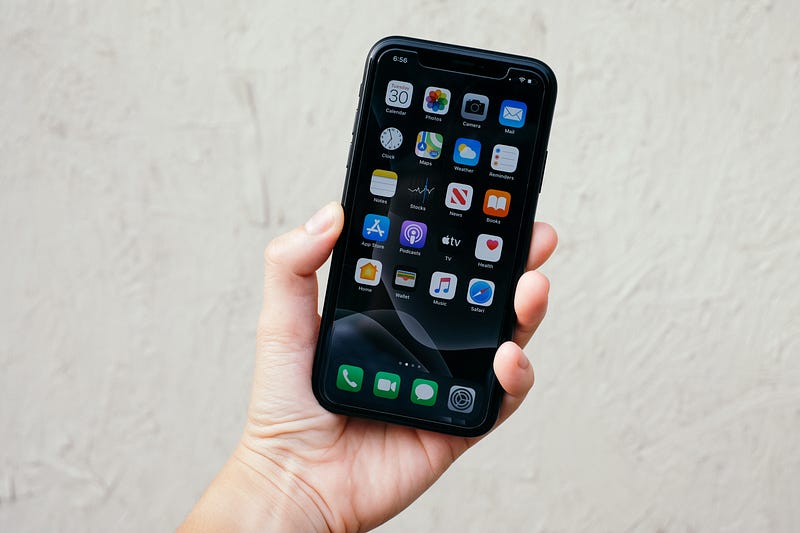
Screen protectors are designed to limit blue light exposure from devices. While they do block some blue light, which can interfere with sleep by reducing melatonin production, there’s evidence that these protectors may contribute positively to sleep quality.
Lightbulbs
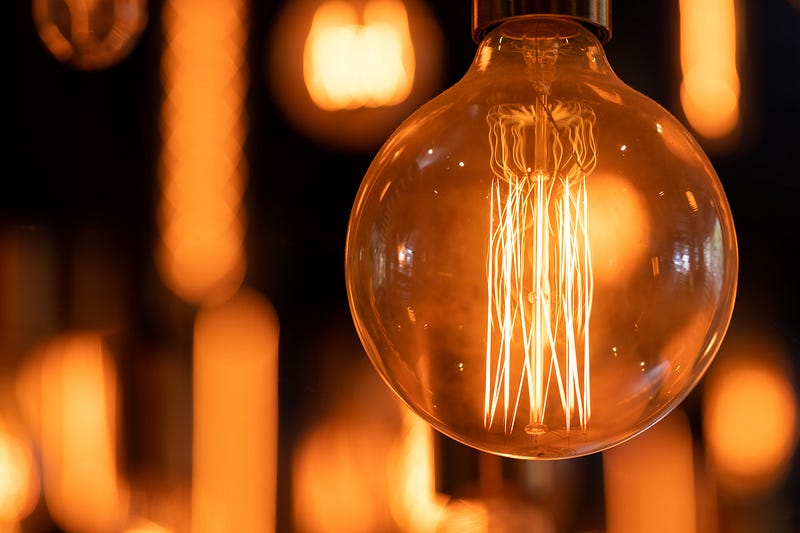
Claims that blue light blocking bulbs enhance sleep when used in the evening have some support. A study indicates that working under ‘blue-enriched’ lighting can boost productivity and alertness while mitigating fatigue. Thus, blue light may be beneficial during work hours, while warmer light is more suitable for winding down.
Monitor Panels
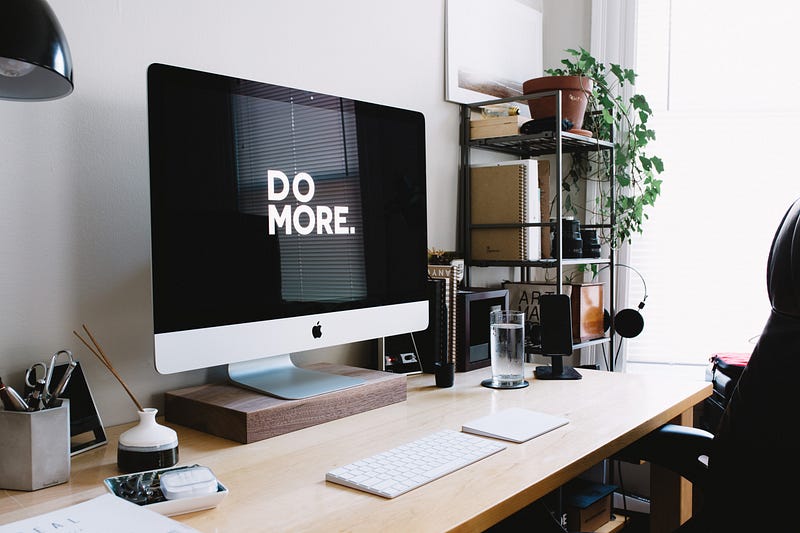
Similar to glasses and screen protectors, monitor panels claim to alleviate digital eye strain. However, research indicates that there’s no compelling evidence to support this claim, although they may assist in promoting better sleep.
Skincare Products
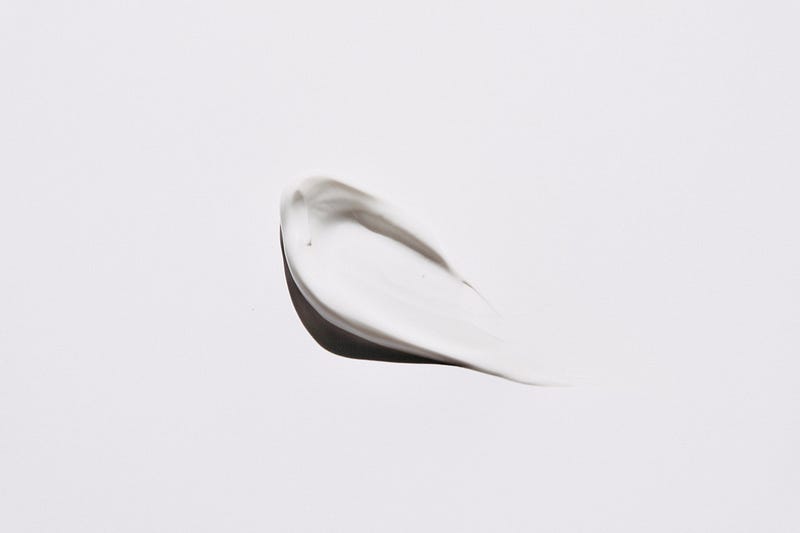
Some skincare products claim to protect against blue light-induced skin damage. While blue light is unlikely to cause severe skin conditions like UV rays do, some studies suggest it may lead to hyperpigmentation. Thus, traditional skincare solutions like sunscreen could provide similar protective effects.
Personal Reflections
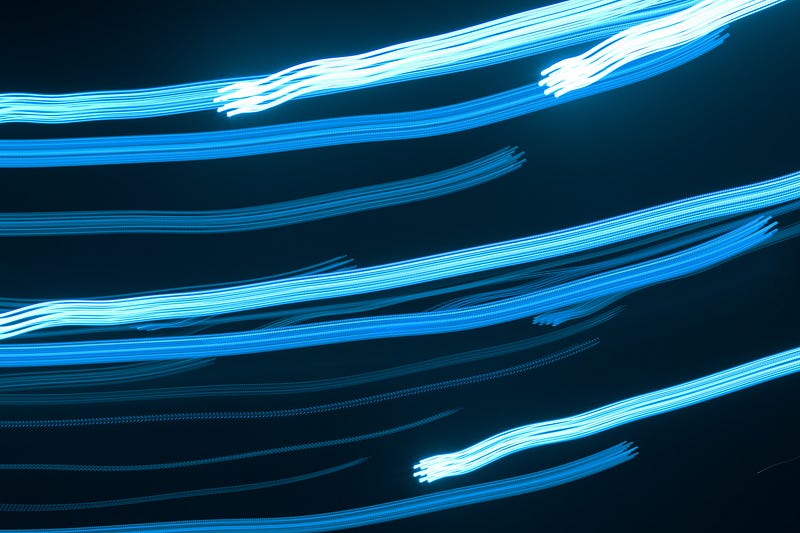
As I wrote this, I wore my blue light glasses despite their questionable effectiveness. They seem to enhance my reading experience, and I intend to keep using f.lux for its sleep benefits. I might consider a screen protector for my phone, but that’s where I draw the line.
Final Thoughts
After reviewing various studies, it’s clear that there are biases and differing opinions on blue light blocking products. While some of these items may not provide the benefits they claim, individuals who feel affected by blue light might find it worthwhile to experiment with them. However, ongoing research is needed to fully understand their effects.
Thanks for reading!
